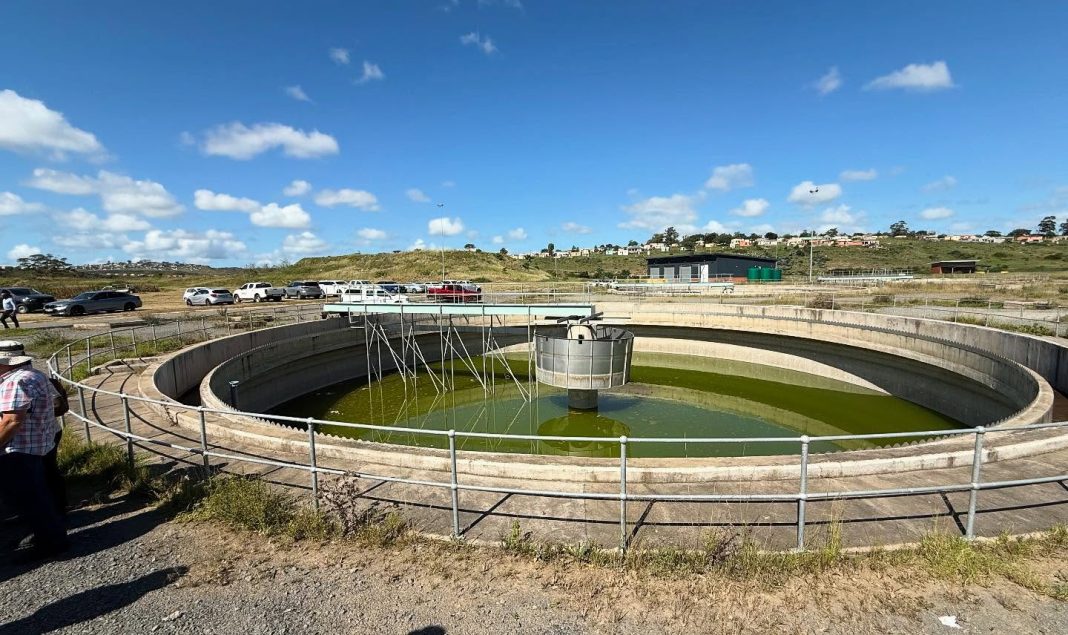By Staff Reporter
The Portfolio Committee on Cooperative Governance and Traditional Affairs (COGTA) has voiced serious concerns over the lack of accountability and measurable targets to address fundamental challenges in local governance.
The committee received a briefing on the Department of COGTA’s Annual Performance Plan for 2025/26 and Strategic Plan for 2025-2030. Departments present these plans and reports to parliamentary committees to ensure accountability, transparency and effective resource management.
This scrutiny allows parliamentary committees to monitor departmental performance and expenditure, ensuring accountability to the public.
Against the backdrop of a constrained fiscal environment and lower-than-expected revenue, with national economic growth projected at just 1.8%, the committee heard that the Department’s focus will shift towards enhancing the effectiveness of expenditure.
This will prioritise institutional reform, regulatory compliance, and improvements in service delivery infrastructure.
Despite various governmental interventions, the committee noted a lack of clarity regarding measurable progress, timelines, and sustainable strategies to rectify municipal dysfunction.
Collaborative efforts with National Treasury are underway to address key obstacles related to municipal finance, budgeting, and service delivery support.
The committee also heard that the Department is also finalising a Municipal Debt Relief Framework in partnership with National Treasury to tackle unsustainable debts owed to entities such as Eskom and water boards.
Mkhize, the committee’s Chairperson, noted the mounting municipal debt, stressing the need for a comprehensive action plan with clear targets and timelines, particularly concerning electricity payments.
The committee urged the Department of COGTA to play a more proactive role in debt recovery, rather than leaving municipalities to handle these burdens independently.
The committee also expressed concern over the pervasive culture of non-payment for municipal services, calling for a department-led initiative to restore payment norms.
The committee emphasised the necessity of a national strategy to address underlying socio-economic factors contributing to payment defaults.
Additionally, members questioned the Department’s lack of a targeted revenue enhancement program across municipalities and expressed concerns over unfunded budgets and inadequate revenue bases in many municipalities.
The committee requested clarification on the existence of such a program, given reports of declining revenue at the local government level.
The issue of non-payment of municipal rates by mining companies, particularly impacting municipalities like Merafong, was flagged as a significant financial strain.
Members queried the Department’s role in supporting legal actions against defaulting entities, emphasizing the need for equitable and transparent funding allocations in disaster recovery efforts.
The committee acknowledged the allocation of R709 million for disaster recovery following floods in KwaZulu-Natal, Eastern Cape, and Mpumalanga, but raised discrepancies in fund allocations, particularly noting the disparity with the Western Cape receiving R946 million.
This raised concerns about equity and transparency in fund distribution processes.
Furthermore, members highlighted the lack of preventative initiatives, such as using municipal by-laws to deter settlements in flood-prone areas.
They stressed the importance of strengthening disaster risk governance through early warning systems and climate-resilient infrastructure.
Another critical concern raised was the absence of effective consequence management in municipalities, exacerbating systemic governance issues.
The committee requested a detailed report on instances where consequence management has been applied, particularly concerning misconduct and accountability measures.
Regarding the Community Works Programme, the committee noted plans for substantial redesign amid fiscal pressures and audit findings.
The program will see participant reductions from 255,000 to 200,000 in the 2025/26 financial year, with temporary extensions for 67,000 pending audit outcomes.
Members urged the Department to enhance transparency and communication regarding program adjustments and legal matters.
Mkhize emphasised the importance of community satisfaction as a key metric for intervention strategies, stressing its role in driving improvements in service delivery.
Lastly, the committee flagged risks associated with centralized project management under the District Development Model (DDM), potentially bypassing municipal Integrated Development Plans (IDPs) and council oversight.
Members requested updates on DDM pilot outcomes and called for greater transparency in budget allocations and anticipated service delivery impacts.
The committee noted the inclusion of the Review of the White Paper on Local Government in the department’s Annual Performance Plan (APP), expected to be submitted by March 31, 2026, and implemented by March 31, 2027.
INSIDE METROS

